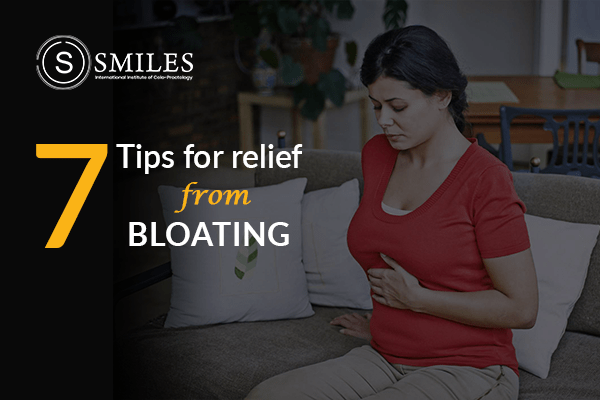

An infected person may spread the parasites to food or surfaces if they don’t wash their hands after going to the toilet. Infection is caused by, for example, swimming in a contaminated pool and accidentally swallowing water, or through contact with infected animals.

bacterial toxins – the bacteria themselves don’t cause illness, but their poisonous by-products can contaminate food.parasites – such as Entamoeba histolytica, Giardia lamblia and Cryptosporidium.bacteria – such as the Campylobacter bacterium.viruses – such as norovirus, calicivirus, rotavirus, astrovirus and adenovirus.There are many things that can cause gastroenteritis, including: generally feeling unwell – including lethargy and body aches.The symptoms of gastroenteritis can include: Some of the causes of gastroenteritis include viruses, bacteria, bacterial toxins, parasites, particular chemicals and some drugs. A person suffering from severe gastroenteritis may need fluids administered intravenously (directly into the bloodstream via a vein – the setup is often referred to as a ‘drip’).

The main complication of gastroenteritis is dehydration, but this can be prevented if the fluid lost in vomit and diarrhoea is replaced. In many cases, the condition heals itself within a few days. Typical symptoms include abdominal cramps, diarrhoea and vomiting. Gastroenteritis is an illness triggered by the infection and inflammation of the digestive system.


 0 kommentar(er)
0 kommentar(er)
